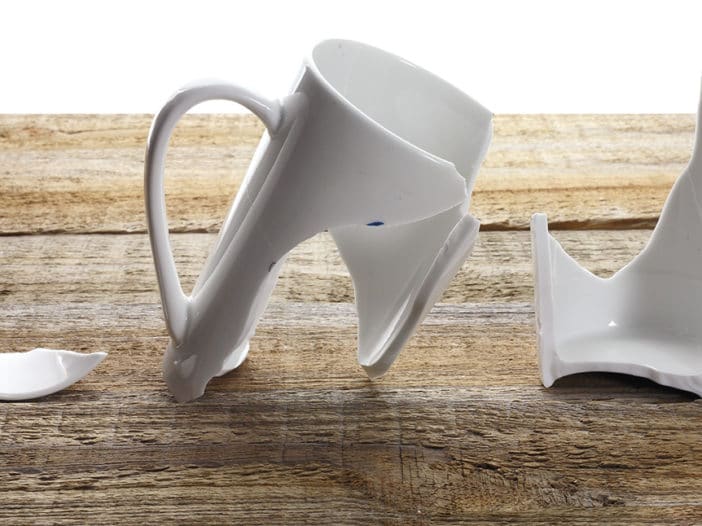Finding the right Realtor includes more than just buying and selling, a good Realtor can take on many roles. Your Realtor can also help you to find a good lender
Featured Articles
Get Rid of Roaches
No one likes to think about roaches making themselves at home in their house, but in most cases any signs of a single roach indicates that an infestation has already reached an accelerated point.
Moving Checklist
The following checklist is a handy tool to help you prepare for your move, and understand what you will need to know and do during each phase of your moving process.
Moving Terms & Glossary
Our Moving terms and glossary includes definitions of home-moving words, terms and phrases for those planning a local or interstate move to a new home.
Important Points to Remember
The primary responsibility for protecting your move lies with you in selecting a reputable household goods mover, and making sure you understand the terms and conditions of your contract and the remedies.
Resolving Disputes
The FMCSA cannot settle your dispute with your mover. You must resolve your own loss and damage and/or moving charge disputes with your mover. You entered into a contractual agreement with you mover.
Collection of Charges
You should verify in advance what method of payment your mover will accept. Your mover must note in writing on the order for service and the bill of lading the forms of payment they accept at delivery.
Moving Paperwork
Do not sign blank or incomplete documents. Verify that the documents are complete before you sign them. The only information that might not appear in your moving paperwork are: the actual weight of your shipment and unforeseen charges that occur in transit.
Liability and Claims
All moving companies are required to assume liability for the value of the household goods they move. There are 2 types of liability that apply to moves Full (Replacement) Value Protection and Waiver of Full (Replacement) Value Protection – Released Value.
Types of Moving Estimates
One of the most important thing to understand for your interstate move is the types of estimates offered by your mover. As you read further, you will discover that movers offer different types of estimates – binding and non-binding.









